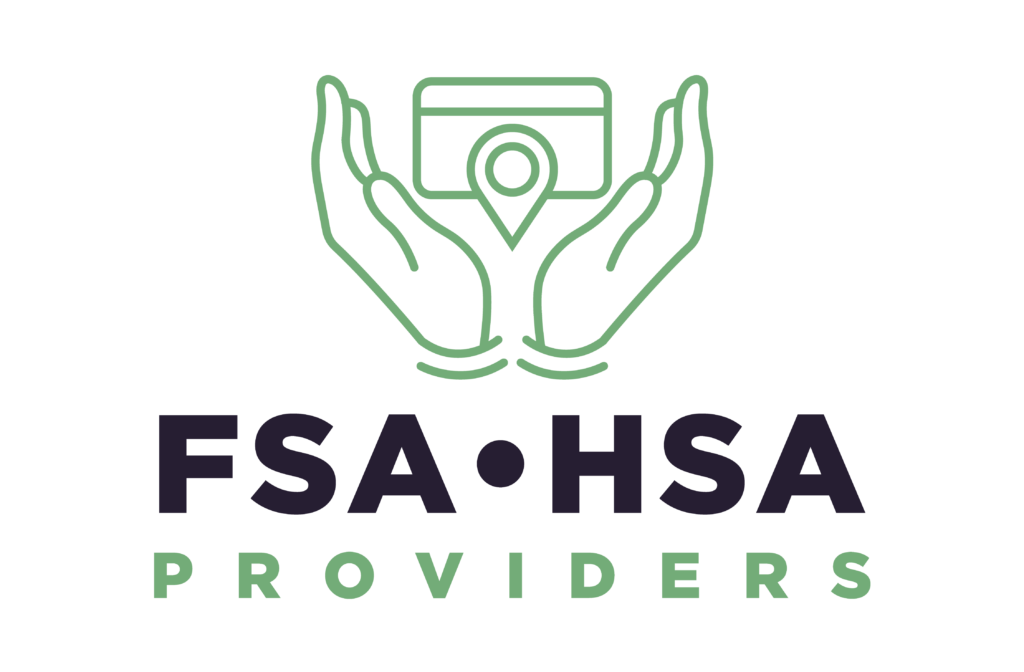What is a Health Savings Account (HSA)? #
A Health Savings Account (HSA) is a special savings account you can use for health care expenses.
It offers triple tax advantages: contributions are made pre-tax (or tax-deductible), the money in the account grows tax-free, and withdrawals are tax-free when used for qualified medical costs. Think of an HSA like a 401(k) for healthcare – it helps you save for medical expenses now and in the future.
HSAs are paired with High Deductible Health Plans (HDHPs), which have higher deductibles but often lower monthly premiums. Because HSAs rollover, HDHPs often have lower monthly premiums compared to traditional health plans, and contributions, earnings, and withdrawals to an HSA are tax-free, HSAs are a powerful way to save for future healthcare expenses.
Eligibility #
To contribute to an HSA, you must be enrolled in a High-Deductible Health Plan (HDHP)
This is an insurance plan with a higher deductible than standard plans. You generally cannot have other comprehensive health coverage (like a standard health plan or general-purpose Flexible Savings Account (FSA) alongside an HSA. You also cannot be enrolled in Medicare, or be claimed as a dependent on someone else’s tax return. If you meet these criteria, you’re eligible for an HSA.
How It Works #
An HSA is owned by you, the account holder – not by your employer.
You (and your employer or anyone else) can contribute money up to an annual limit set by the IRS.
In 2025 the HSA contribution limit is $4,300 for self-coverage, $8,550 for a family, with an additional $1,000 catch-up allowed if you’re 55 or older.
These limits typically increase a bit each year, adjusting for inflation. You can change your contribution amount at any time during the year. For instance, you can make adjustments to your payroll deductions, giving you flexibility to save more or less as needed.
Using HSA Funds #
Money in an HSA can be used to pay for a wide range of qualified medical expenses for you, your spouse, and dependents. Qualified expenses include things like doctor visits, hospital bills, certain wellness services, prescription drugs, dental and vision care, and many over-the-counter items.
HSA funds generally cannot be used to pay insurance premiums, except in special cases such as COBRA coverage or certain Medicare premiums.
Typically, you’re provided a debit card or online bill-pay from your HSA bank to pay providers directly, or you can pay out of pocket and then reimburse yourself from the HSA.
There’s no deadline for reimbursements – you could save your receipts and withdraw HSA funds years later for those expenses, if you choose, allowing the balance to grow in the meantime, which is an advantage of this type of account.
Tax Benefits #
Contributions to an HSA are pre-tax
This means the contribution are taken from your gross income, reducing your taxable income (i.e. you don’t pay federal income tax, Social Security, or Medicare taxes on HSA payroll contributions).
Any interest or investment earnings in the HSA are also tax-free.
Withdrawals are tax-free as long as they are used for qualified medical expenses. This triple tax advantage is unique to HSAs.
If you withdraw HSA money for non-medical purposes, you’d owe income tax and a 20% penalty (if under age 65).
After age 65, non-medical withdrawals are taxed as income but not penalized – essentially the HSA can act like a traditional retirement account if needed.
Rollover and Portability #
Unused HSA funds roll over automatically each year
There is no “use-it-or-lose-it” rule. Your HSA balance stays with you indefinitely until you spend it. You own the HSA, so if you change jobs or health plans, the money is still yours to use for future medical expenses. This makes HSAs a powerful long-term savings tool for healthcare costs, including in retirement.
Investing HSA Funds #
Many HSA providers allow you to invest your HSA money in mutual funds or other investments once your balance exceeds a certain threshold. This means your HSA can grow over time, similar to a 401(k). Any investment gains are tax-free, as long as they stay in the account. Investing your HSA can be a great savings strategy if you don’t need to spend all the funds immediately on medical bills.
Summary #
An HSA is a personal, tax-advantaged savings account for health expenses.
It requires a high-deductible health plan, but in return it offers significant tax savings and the ability to build a nest egg for future healthcare needs.
HSAs are best for those who want to save on taxes and possibly invest money for medical costs down the road, and who are comfortable with the out-of-pocket risks of a high-deductible insurance plan.
